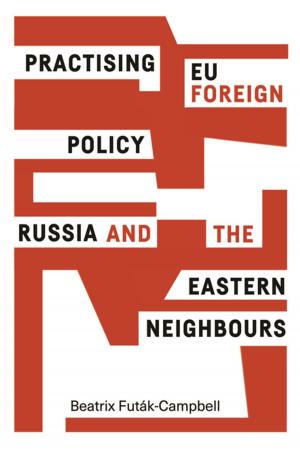The other empire
Metropolis, India and progress in the colonial imagination
Nonfiction, History, European General, Social & Cultural Studies, Political Science| Author: | John Marriott | ISBN: | 9781847795397 |
| Publisher: | Manchester University Press | Publication: | July 19, 2013 |
| Imprint: | Manchester University Press | Language: | English |
| Author: | John Marriott |
| ISBN: | 9781847795397 |
| Publisher: | Manchester University Press |
| Publication: | July 19, 2013 |
| Imprint: | Manchester University Press |
| Language: | English |
This is a detailed study of the various ways in which London and India were imaginatively constructed by British observers during the nineteenth century. This process took place within a unified field of knowledge that brought together travel and evangelical accounts to exert a formative influence on the creation of London and India for the domestic reading public. Their distinct narratives, rhetoric and chronologies forged homologies between representations of the metropolitan poor and colonial subjects – those constituencies that were seen as the most threatening to imperial progress. Thus the poor and particular sections of the Indian population were inscribed within discourses of western civilization as regressive and inferior peoples. Over time these discourses increasingly promoted notions of overt and rigid racial hierarchies, of which a legacy still remains. Drawing upon cultural and intellectual history this comparative study seeks to rethink the location of the poor and India within the nineteenth-century imagination.
This is a detailed study of the various ways in which London and India were imaginatively constructed by British observers during the nineteenth century. This process took place within a unified field of knowledge that brought together travel and evangelical accounts to exert a formative influence on the creation of London and India for the domestic reading public. Their distinct narratives, rhetoric and chronologies forged homologies between representations of the metropolitan poor and colonial subjects – those constituencies that were seen as the most threatening to imperial progress. Thus the poor and particular sections of the Indian population were inscribed within discourses of western civilization as regressive and inferior peoples. Over time these discourses increasingly promoted notions of overt and rigid racial hierarchies, of which a legacy still remains. Drawing upon cultural and intellectual history this comparative study seeks to rethink the location of the poor and India within the nineteenth-century imagination.















